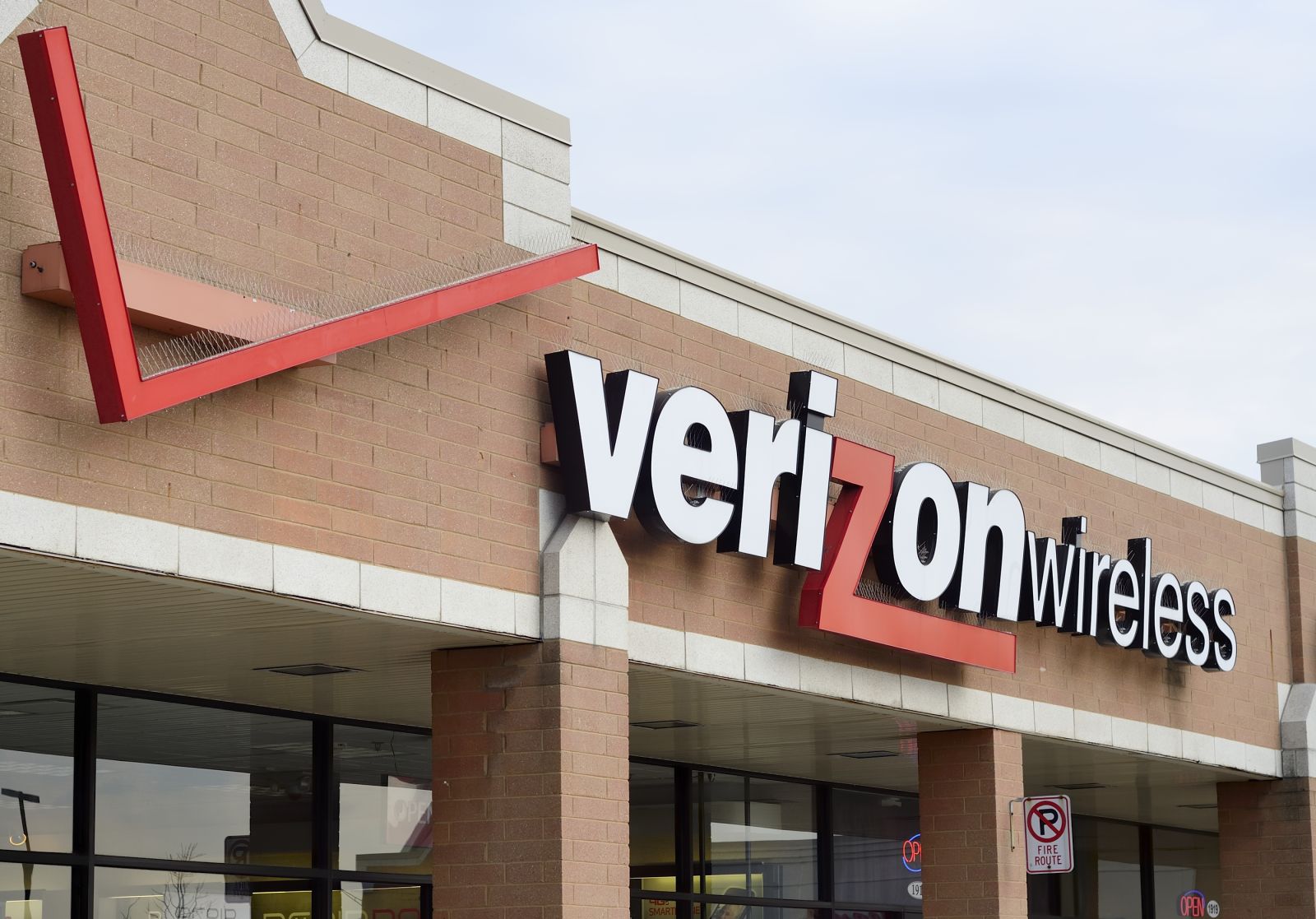
With a market cap of $184.6 billion, Verizon Communications Inc. (VZ) is a leading global communication, technology, and entertainment provider. It operates through two segments: Verizon Consumer Group, offering wireless and wireline services, and Verizon Business Group, delivering broadband, networking, and IoT solutions.
Companies valued at $10 billion or more are generally classified as “large-cap” stocks, and Verizon Communications fits this criterion perfectly. Verizon Communications is renowned for having the largest mobile network in the United States and its pioneering advancements in 5G technology, setting it apart in the telecommunications industry.
Despite this, the company experienced a nearly 3% decline from its 52-week high of $43.46. The stock has gained 2.7% over the past three months, lagging behind the Communication Services Select Sector SPDR ETF Fund (XLC), which rose 16.1% during the same period.

In the longer term, VZ's shares have risen 16.9% on a YTD basis, lagging behind XLC's 37% surge. Over the past 52 weeks, Verizon Communications has risen 14.2%, contrasting with XLC's 42.4% return over the same period.
Yet, Verizon's stock has demonstrated a bullish price trend, consistently trading above its 200-day moving average since last year and staying mostly above its 50-day moving average, despite some fluctuations.

Verizon's stock dropped 5% on Oct. 22 due to disappointing Q3 revenue results, with total revenue of $33.3 billion, slightly missing analyst expectations. The decline in wireless equipment sales by 8.1% to $5.3 billion and a slow smartphone upgrade cycle hurt the company's overall performance. Additionally, Verizon reported higher-than-expected special charges, including $1.7 billion in severance costs from layoffs, which contributed to weaker-than-expected earnings and led to a drop in stock value. However, the stock rose 1.8% on Nov. 13 after Frontier Communications' shareholders voted in favor of Verizon's $20 billion acquisition of the company. This move is expected to significantly expand Verizon's fiber network, enhancing its ability to deliver premium mobility and broadband services.
Nevertheless, in comparison, rival AT&T Inc. (T) has outperformed VZ, gaining 41% on a YTD basis and 41.1% over the past 52 weeks.
Despite VZ's underperformance over the past year, analysts are moderately optimistic about the stock's prospects. The stock has a consensus rating of “Moderate Buy” from the 23 analysts covering it, and it is currently trading below the mean price target of $46.21.







